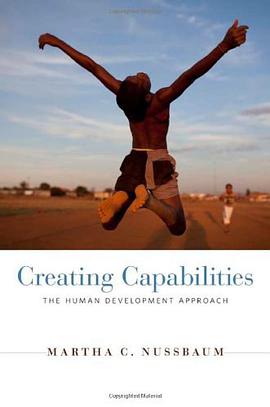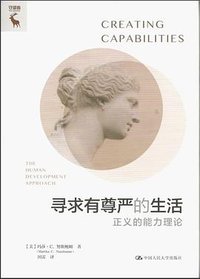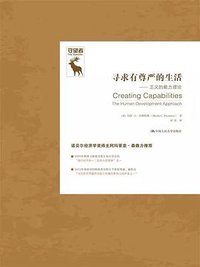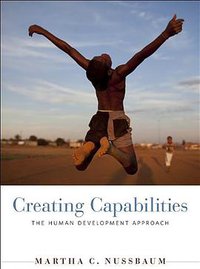Creating Capabilities
Douban
The Human Development Approach
Martha C. Nussbaum
overview
If a country's Gross Domestic Product increases each year, but so does the percentage of its people deprived of basic education, health care, and other opportunities, is that country really making progress? If we rely on conventional economic indicators, can we ever grasp how the world's billions of individuals are really managing? In this powerful critique, Martha Nussbaum argues that our dominant theories of development have given us policies that ignore our most basic human needs for dignity and self-respect. For the past twenty-five years, Nussbaum has been working on an alternate model to assess human development: the Capabilities Approach. She and her colleagues begin with the simplest of questions: What is each person actually able to do and to be? What real opportunities are available to them? The Capabilities Approach to human progress has until now been expounded only in specialized works. Creating Capabilities, however, affords anyone interested in issues of human development a wonderfully lucid account of the structure and practical implications of an alternate model. It demonstrates a path to justice for both humans and nonhumans, weighs its relevance against other philosophical stances, and reveals the value of its universal guidelines even as it acknowledges cultural difference. In our era of unjustifiable inequity, Nussbaum shows how--by attending to the narratives of individuals and grasping the daily impact of policy--we can enable people everywhere to live full and creative lives.
contents
Preface
1. A Woman Seeking Justice
2. The Central Capabilities
3. A Necessary Counter-Theory
4. Fundamental Entitlements
5. Cultural Diversity
6. The Nation and Global Justice
7. Philosophical Influences
8. Capabilities and Contemporary Issues
Conclusion


